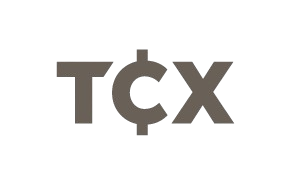Costa Rica’s central bank (BCCR) kept its policy rate at 4.0%, unchanged since October 2024. The board was divided on the decision, citing trade tensions, global uncertainty, and currency overvaluation harming tourism and exports. Inflation was forecast to return to target by Q3 2026.
